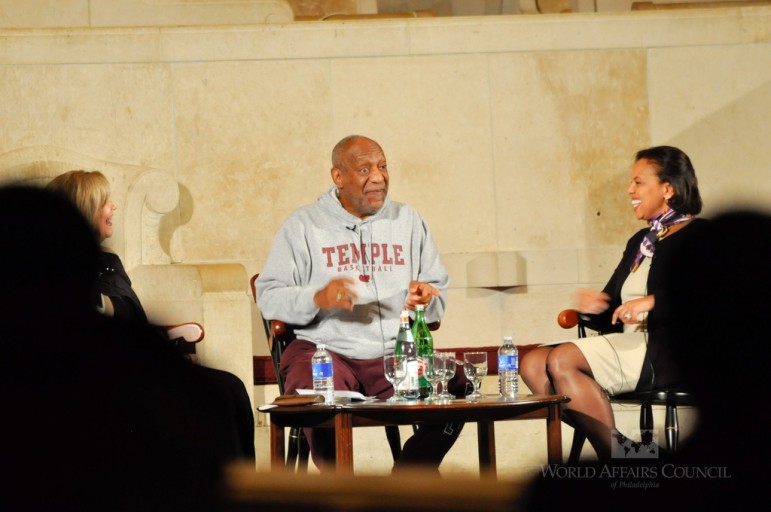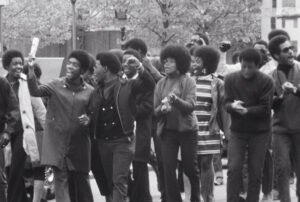
October 7, 2015; New York Times
As the number of Bill Cosby’s accusers continues to mount, so do the retractions of his honorary degrees. The New York Times reports they have been able to document almost 60 of the estimated 100 honorary degrees that have been awarded by universities to the now-disgraced comedian. The degrees were in varied categories like education, public service, and law.
But now many of the degrees are being revoked one by one, and it could take a while to get through the list. In the last two weeks alone, Fordham, Marquette, Brown, and the University of San Francisco all revoked their honors.
Sign up for our free newsletters
Subscribe to NPQ's newsletters to have our top stories delivered directly to your inbox.
By signing up, you agree to our privacy policy and terms of use, and to receive messages from NPQ and our partners.
For those institutions choosing to revoke, the reasons to do so are clear. Christina Paxson, the president of Brown, said in her statement, “By his own admission in legal depositions that became public this summer, that Mr. Cosby has engaged in conduct with women that is contrary to the values of Brown and the qualities for which he was honored by the university in 1985.”
We may not have to wait for all 60, since some institutions, like Boston University and Yale, are standing by their original decisions. Yale gave the award in 2003 and has thus far resisted taking it back despite an online petition demanding the school do so. Among those still on the fence are Ohio State University (2001), the John Jay College of Criminal Justice in New York City (1995), the University of North Carolina at Chapel Hill (2003), and the Fashion Institute of Technology (2000).
Though in wide use, the practice of awarding honorary degrees has long been in question. The Boston Globe’s report cites a 1940 cartoon from the Washington Daily News: “A cap-and-gowned man stands onstage as he’s handed an honorary degree by a university official. Below it, the caption reads: ‘Confidentially, Tom you old walrus, we’re going to send you the bill for our new gymnasium.’”—Ruth McCambridge













